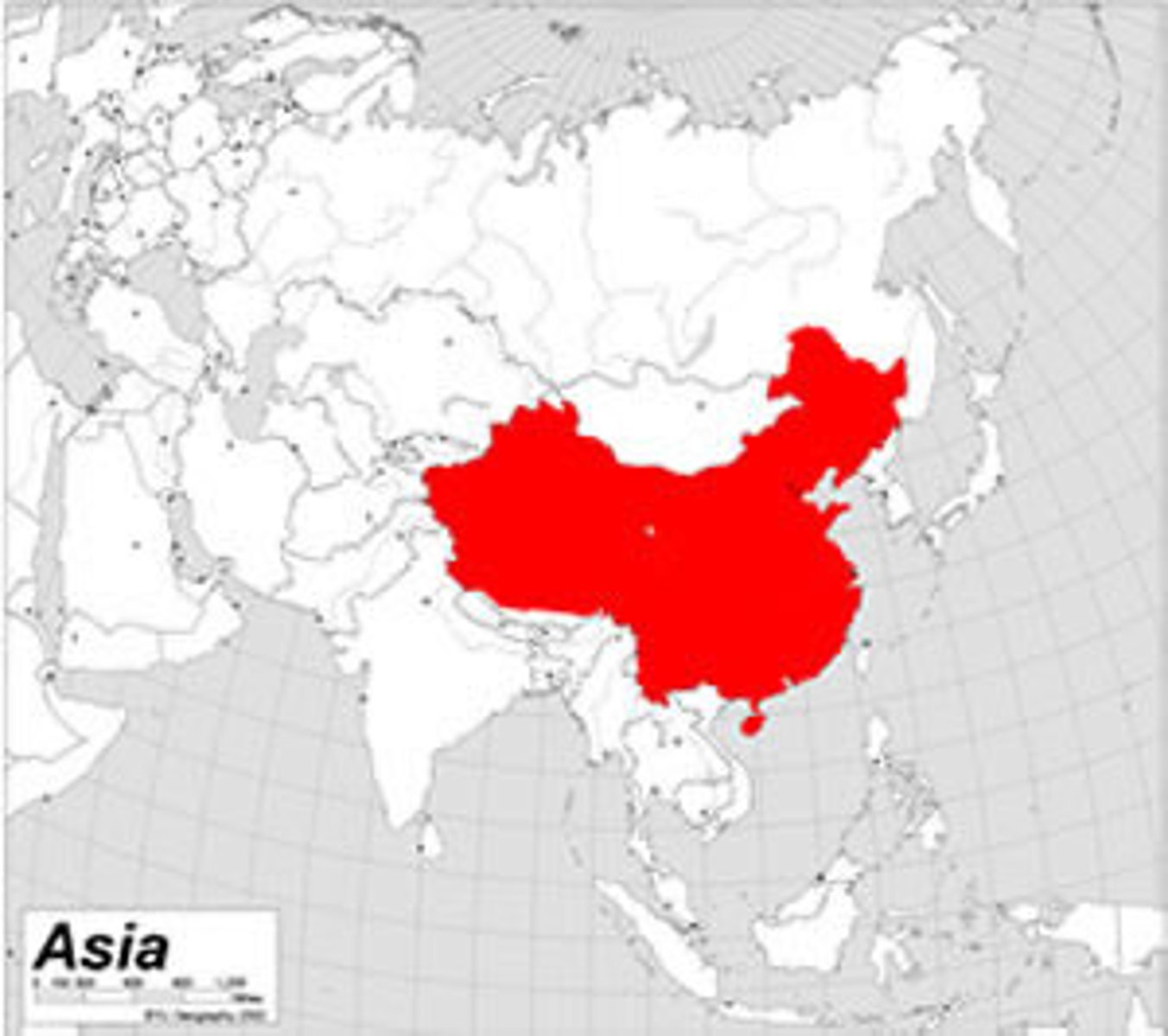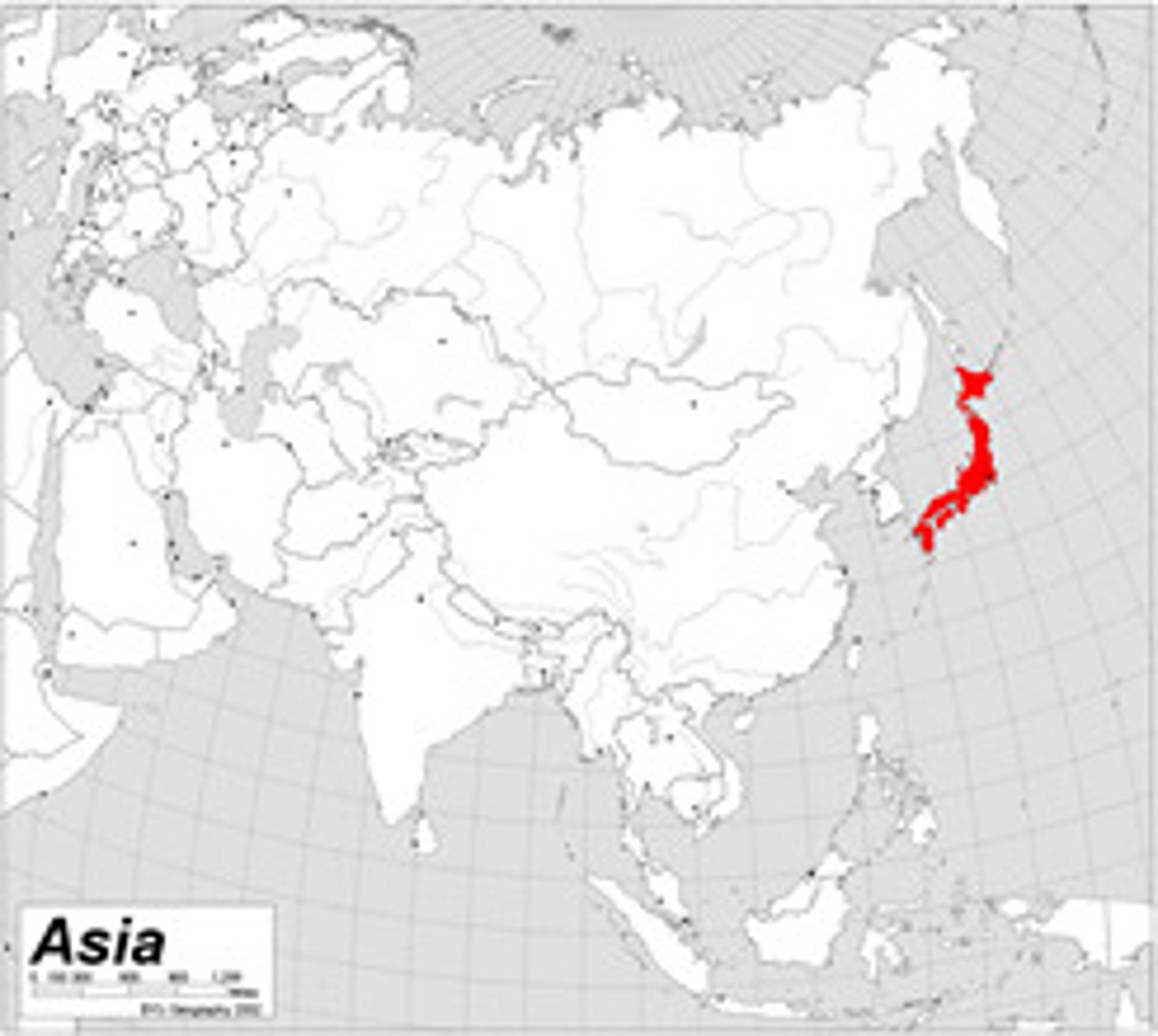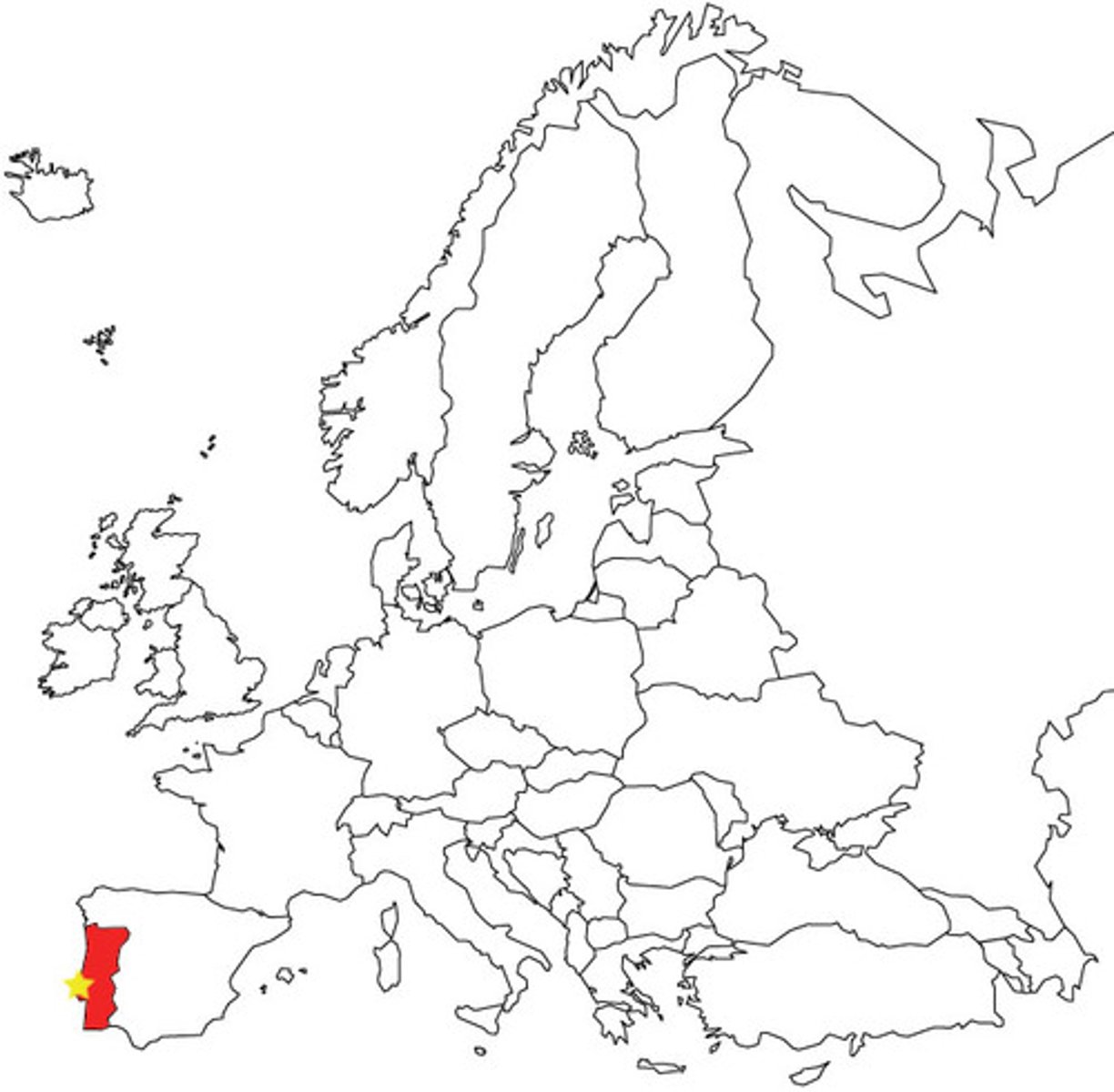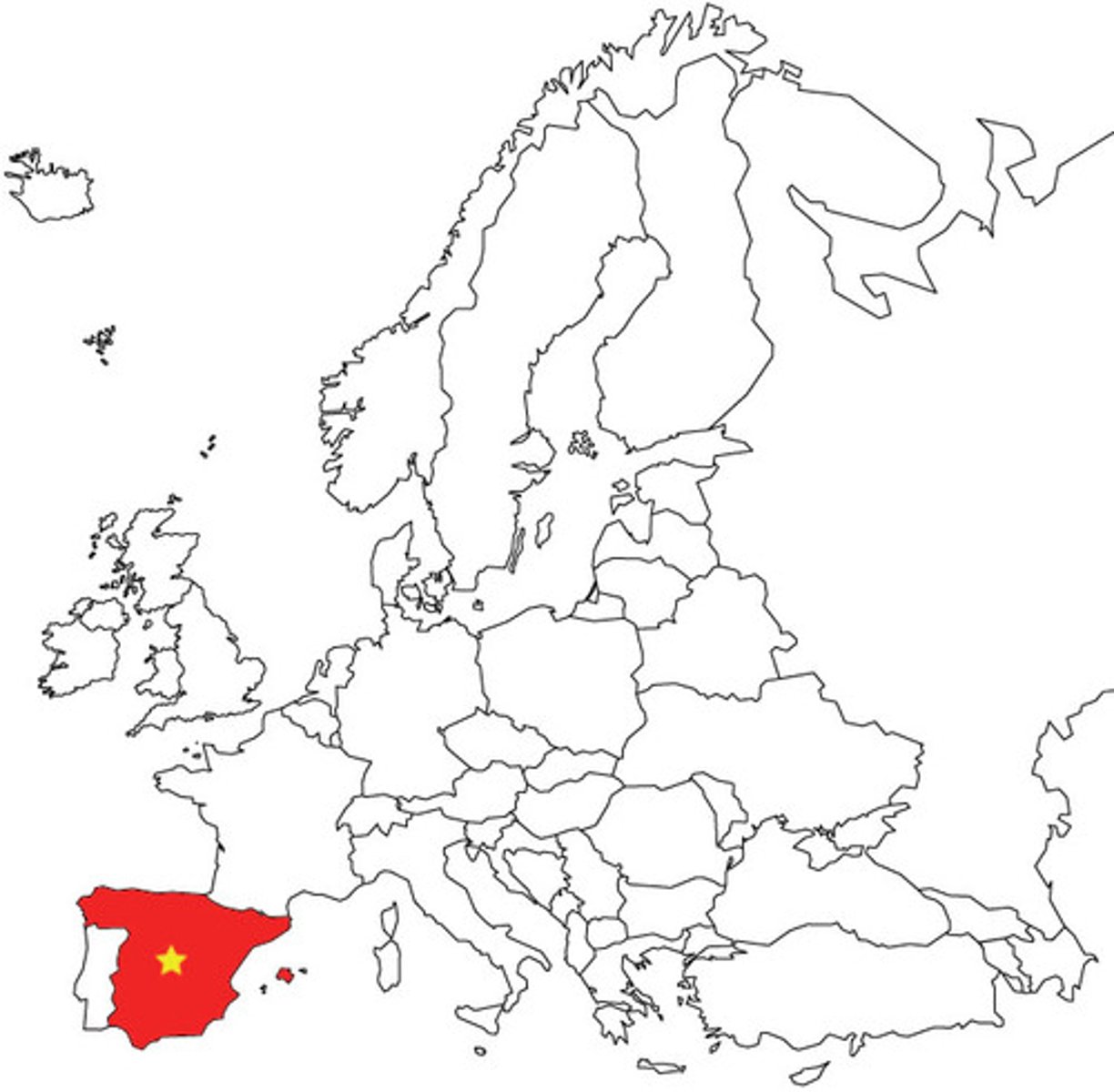Unit 3: Expansion, Exploration, Absolute Monarchs
1/20
There's no tags or description
Looks like no tags are added yet.
Name | Mastery | Learn | Test | Matching | Spaced |
|---|
No study sessions yet.
21 Terms
King Phillip II
Catholic King of Spain and lost war and Spanish Armada to England.
Louis XIV
(1638-1715) Known as the Sun King, he was an absolute monarch that completely controlled France. One of his greatest accomplishments was the building of the palace at Versailles.
Elizabeth I
(1533-1603) Queen of England and Ireland between 1558 and 1603. She was an absolute monarch and is considered to be one of the most successful rulers of all time.
Ottoman Empire
A Muslim empire based in the Middle East that lasted from the 1300's to 1922.
Mughal Empire
a period of Muslim rule of India from the 1500s to the 1700s
Edict of 1635
A set of strict government laws that stopped the people from Japan off from the outside world and stopped foreign trade.
Colombian Exchange
The exchange of plants, animals, diseases, and technologies between the Americas and the rest of the world following Columbus's voyages.
Triangular Trade
A three way system of trade during 1600-1800s Africa sent slaves to America, America sent Raw Materials to Europe, and Europe sent Guns and Rum to Africa
Middle Passage
the route in between the western ports of Africa to the Caribbean and southern U.S. that carried the slave trade
Absolutism
A form of government in which the ruler is an absolute dictator (not restricted by a constitution or laws or opposition etc.)
Ming Dynasty

Japan

Portugal

Spain

Spanish Armada
The great fleet sent from Spain against England by Philip II in 1588; defeated by the terrible winds and fire ships.
Mughal (meaning)
Mongol
Chinese Exploration
This age began almost 50 years before Portuguese did the same thing, led by maritime explorer Zheng He- instead of exploring for "god, glory, and gold", as Europeans did, the objective of this was to have people recognize Chinese authority and gain loyalty from explored territories
European Exploration
trade, a chance to get rich, chance to spread Christianity, find new lands and trade routes, glory for the country, and individual fame are all reasons for:
Divine Right
Belief that a rulers authority comes directly from god.
Zheng He
Chinese admiral during the Ming Dynasty, he led great voyages that spread China's fame throughout Asia
Peter the Great of Russia
ruled Russia from 1682 to 1725, wanted closer ties to western europe, modernize and strengthen Russia